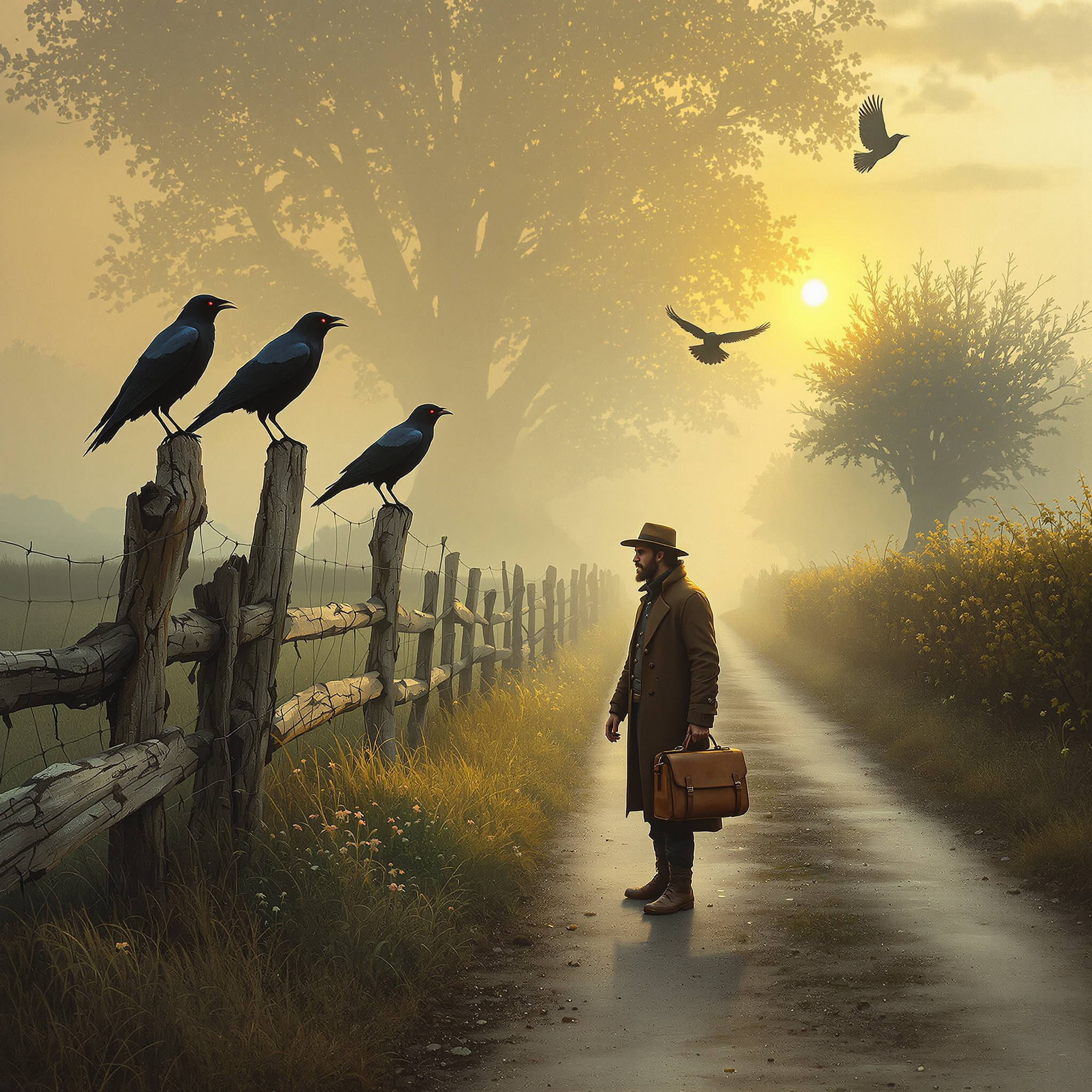This superstition revolves around interpreting the sight of magpies during travel. In British folklore, magpies are often considered harbingers of fate. According to this belief, spotting three magpies on a traveler’s left side was deemed a bad omen, signaling misfortune ahead—such as delays, accidents, or disagreeable encounters. Conversely, seeing two magpies on the right was interpreted as a positive sign, suggesting smooth travel or fortunate news. The superstition stems from the broader tradition of counting magpies to predict forthcoming events, often tied to the rhyme ‘One for sorrow, two for joy, three for a girl…’ etc. Travelers, especially in rural Britain, would take note of the magpies’ number and direction and even choose to postpone journeys or take alternate routes based on such sightings. Some might also recite specific verses or gestures (like saluting the birds) to counter potential bad luck.

A baby’s future career or fate is predicted by the first object they select during a ceremonial setup.
In several Asian and Eastern European cultures, a traditional ceremony is held for babies usually around their first birthday. Known


